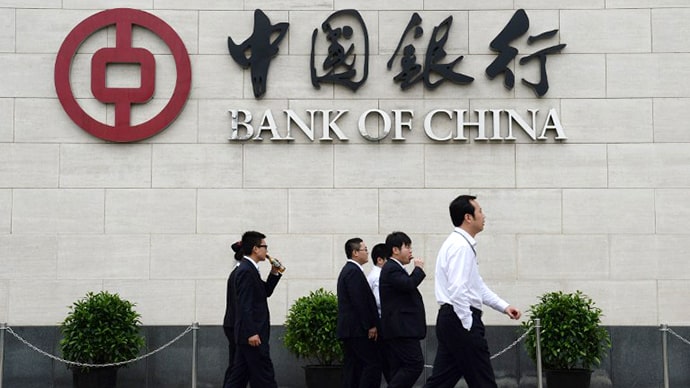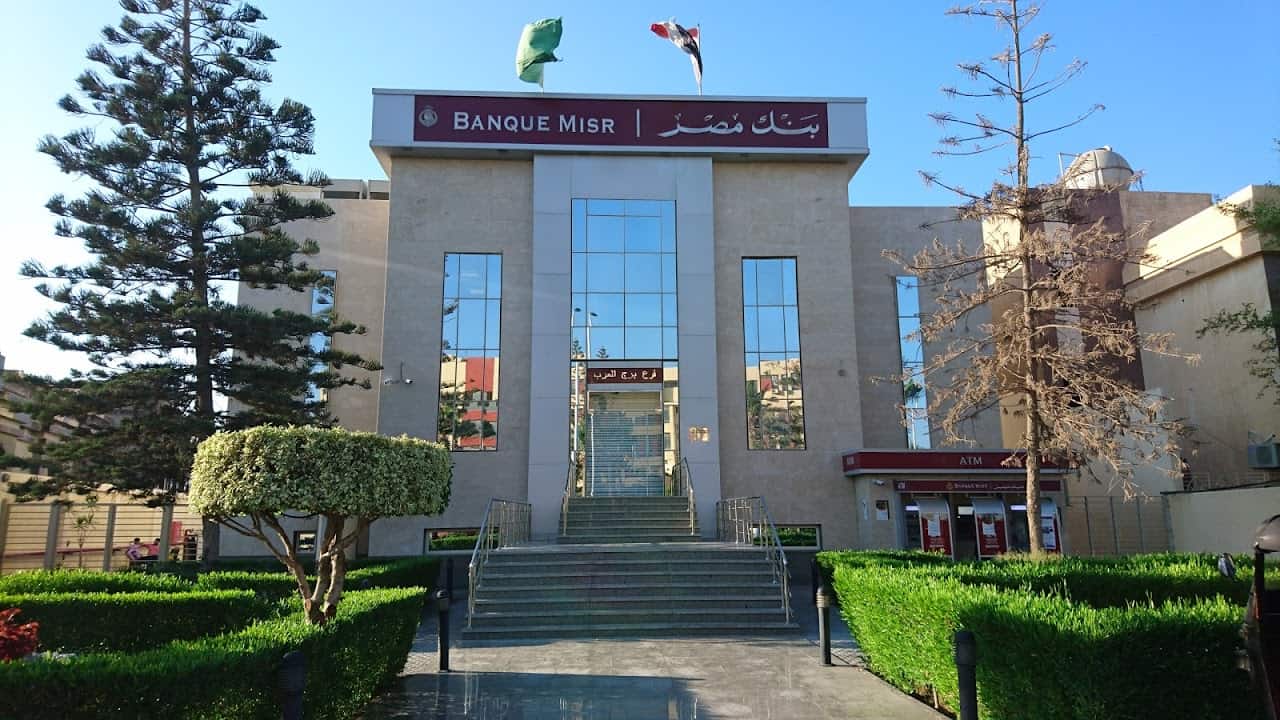RIYADH, SAUDI ARABIA — Increasing the strength of investment activity in large and giga projects in Saudi Arabia, particularly those related to Vision 2030, was a goal for foreign banks seeking to open branches in the kingdom, as the investment landscape in the country is attractive to banks seeking assured profit sources.
Several foreign banks found a place to compete in the kingdom years ago. With the increase in Saudi Arabia’s GDP and the launch of several projects, foreign banks are looking for an opportunity to be present in the investment field that observers believe can accommodate more banks with competitive services.
According to the local newspaper “Okaz,” six banks are seeking to open branches in Saudi Arabia as they have obtained licenses from the Saudi Central Bank (SAMA) to conduct banking operations in the coming months.
The newspaper revealed that two Egyptian banks, “Misr” and “Al-Ahly of Egypt,” are preparing to enter the Saudi market for the first time as branches of Egyptian banks.

Sohar International Banks (Omani), Bank of China Limited, Trade Bank of Iraq, and Bank of Jordan all obtained licenses to conduct banking operations in Saudi Arabia, with the Bank of Jordan being the first Jordanian bank to do so.
23 overseas banks
When a license was granted to Gulf International Bank in 2000, Saudi Arabia underwent a significant transformation and entered a new era of liberalization.
Following this, various foreign banks obtained licenses, bringing the total number of foreign banks operating in Saudi Arabia to about 17, with 29 branches. This number will increase to 23 banks when the six new banks start operations.
The six new banks that will operate in Saudi Arabia will add value to the country’s economy by strengthening the services sector, expanding financing options, boosting public confidence in the country’s financial system, encouraging more banking activity, and raising total bank deposits, which leads to the stability of the Saudi banking system on the one hand, and the facilitating the international trade process on the other hand. In addition to enhancing foreign trade between the Saudi economy and the regional and global economies.
2030 strategy goals
Through several initiatives, Riyadh has developed a comprehensive strategy to draw investment into the country. The most notable of these initiatives is the 2021 initiative to enquire foreign corporations to establish branches in the kingdom. In addition, it declared that as of January 1, 2024, all government contracts with any foreign corporation or institution that does not recognize the kingdom as its regional headquarters would be terminated.
By changing some of the laws that promote investment in the country, Riyadh is working to become one of the top 10 urban economies in the world.
This development is consistent with the goals of the Riyadh 2030 strategy, which aims to make the kingdom’s capital one of the 10 largest urban economies in the world by 2030 and attract more than 40 million tourists. Hence, the entry of foreign banks is consistent with Vision 2030, which called for an increase in assets to approximately 3.5 trillion riyals in 2025 and a total of 4.6 trillion riyals in 2030.
Investments and plans
Six major pillars support the Saudi plan. These include improving the quality of life, urban spatial planning on a global scale, prudent governance of the city’s capabilities and resources, and developing a global identity for the city that enhances the international role of the capital in terms of economic, political, and cultural aspects, as well as strengthening its competitiveness. They also include economic growth in various sectors.
To make Riyadh, the capital, one of the best cities in the world, this strategy will be carried out through 26 sectoral programs that include more than 100 qualitative initiatives and more than 700 pilot projects in various sectors and across the city.
By 2030, it plans to invest 220 billion dollars to make Riyadh a global city, and through that effort, it anticipates attracting an equal amount of private investment.
All of this is thought to be a critical factor in attracting foreign banks to the Kingdom, which is why the Saudi Central Bank (SAMA) was asked to direct all banks and banks operations in the Kingdom to work on easing and speeding up the processes for opening bank accounts for foreign businesses by December 2022.
In addition to the factors above, the Kingdom’s political and financial stability serves as a foundation for luring banking investments, as does Saudi Arabia’s desire to develop specific industries and the market’s desire to enter the larger Saudi market.
Under the auspices of the “Basel 2” and “Basel 3” agreements, in addition to its commitment to the decisions of international bodies specialized in money and securities, the Saudi economy and Saudi finance operate following the highest international standards. According to all the specialized reports published by rating agencies, Saudi Arabia also enjoys a sterling reputation in this field. It mentions Saudi Arabia’s dedication to these standards and its placement in the first ranks A and A +, which gives banks a sense of security and sets the stage for the entry of more numerous and influential banks.








